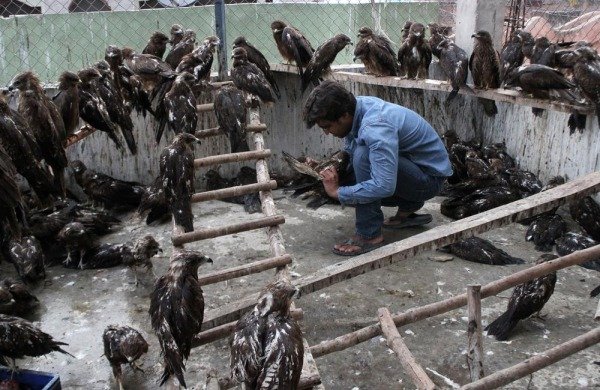
“It is next to impossible to persuade people in India to donate money for injured raptors,” says Nadeem Shehzad, co-founder of Wildlife Rescue, a registered non-profit in the Chawri Bazar area of Old Delhi. “They are considered unlucky, so no one has a kind heart for them.”
But Nadeem and his brother, Muhammad Saud, have kind hearts, boundless energy, and ever-increasing medical skills, and have been almost single-handedly returning Delhi’s injured raptors to the sky for the past twelve years.
Black Kites, the graceful, medium-sized accipiters, are a common sight in the skies above Delhi. A popular Indian pastime (especially during Independence Day) is paper kite flying. But so is kite fighting, where the kite strings are covered with powdered glass or metal and the object is to cut the competitor’s string. The sharp strings are a menace to passing birds – especially kites and other raptors – who cannot see them and sometimes suffer grievous, if not fatal, wounds.
The first injured bird Nadeem and Saud ever found was a Black Kite. They took it to a bird hospital in Delhi, but were turned away; as the hospital is located behind a Jain temple, so feeding meat to patients was prohibited. “We used to regularly find kites with injured wings but there was nowhere to take them,” says Nadeem.
Unwilling to leave the suffering birds to die, they began bringing them home, asking veterinarians to make house calls, and keeping the recuperating birds on their roof. In a sequence of events to which every wildlife rehabilitator can relate, stories of the brothers who cared for injured birds circulated, their telephone began to ring, and their quest for medical knowledge escalated.
When Nadeem and Saud first began in 2003, few veterinarians would suture the wounds of birds, saying they were too small. Undeterred, the two read medical manuals, contacted avian experts online, and learned to treat a variety of injuries from a famed local pigeon keeper/trainer, who successfully stitched his injured birds using a regular needle and thread. They asked both veterinarians and orthopedic surgeons permission to watch operations; they learned to suture with absorbable thread and set bones with steel implants. Their bedrooms doubled as operating rooms and critical care units, and the roof of their house became an aviary.
Soon calls about injured birds poured in from animal hospitals, the police and fire departments, and various government agencies. With almost 1200 species of birds in the Capital Region, the house and roof steadily filled with Egyptian Vultures, Barn Owls, Hornbills, Black Ibis, Cattle Egrets, Steppe Eagles, a multitude of songbirds and pigeons, as well as the occasional cobra or palm squirrel. Nadeem and Saud run a successful liquid soap dispenser business, and often one would receive a phone call, abruptly leave work or a meeting, and rush away on their motorcycle to pick up an injured bird.
The roof of their house is fenced on four sides but only partially covered, so recovering birds are protected but can fly away (or return) at will. Permanently injured birds simply stay on the rooftop, and occasionally a healthy raptor swoops in for a free meal. When a tree filled with nestling Cattle Egrets collapsed, 60 orphans took up temporary residence in the house.
During the last two years alone, Nadeem and Saud – and one volunteer, who retrieves birds from all over Delhi and its satellite cities by public transportation – have taken in about 2600 cases, almost all paid for out of the brothers’ own pockets. This year a friend’s donation allowed them to hire a veterinarian, which has helped considerably. But the recession, as well as the time they’ve taken from their business to help the birds, has made paying the bills more and more difficult. Wildlife Rescue is a registered non-profit organization and all donations are tax-deductible, but birds of prey are not popular in India.
Nadeem and Saud have received numerous honors, including a Special Award for Humane Enforcement at the India for Animals Conference this year in Jaipur.
The brothers dream of the kind of funding which would enable them to build a full-fledged wildlife hospital and sanctuary, but for now are concentrating on raising enough money to buy an x-ray machine … or a vehicle which would allow their volunteer to pick up injured birds quickly and directly, instead of by the long and arduous process of public transportation.
“We will not give up,” says Nadeem. “It is our duty to save them.”
Fellow wildlife rehabbers and organizations are rallying, but need more support. Want to help? Louise Shimmel, who runs the Cascades Raptor Center in Eugene, Oregon, has started an indiegogo campaign to aid Nadeem’s scholarship-funded trip to America in March. Watch the campaign video for a window into the inspiring world of these two remarkable brothers. To contact them: info@wildliferescue.org. Here is their blog.
Photos courtesy of Al Jazeera News


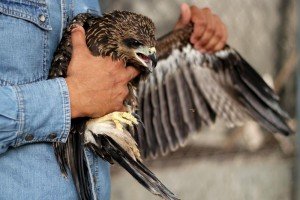
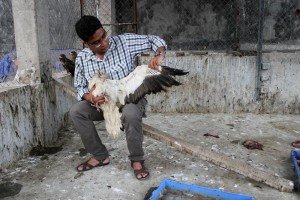
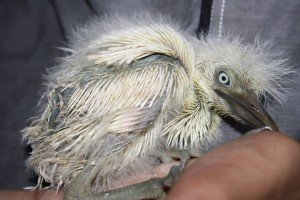
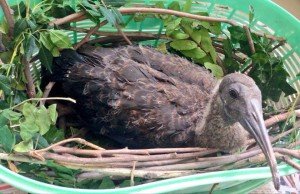




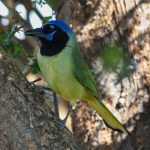
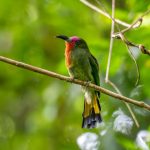

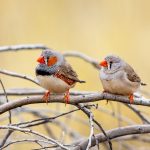
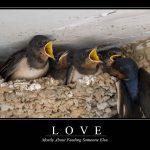

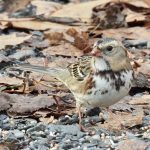
Leave a Comment